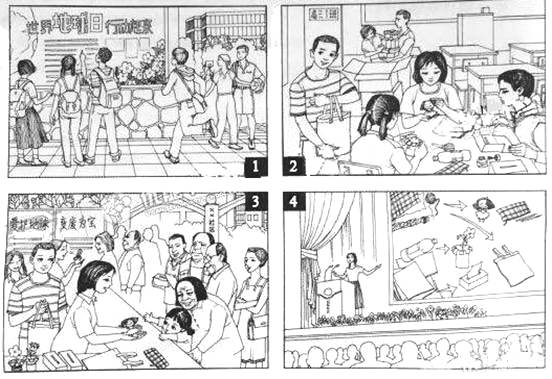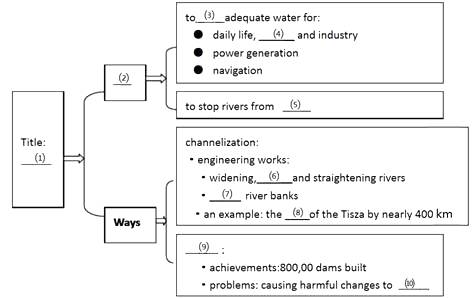题目内容
【题目】假定英语课上老师要求同桌之间交换修改作文,请你修改你同桌写的以下作文。文中共有 10处语言错误,每句中最多有两处。每处错误仅涉及一个单词的增加、删除或修改。
增加:在缺词处加一个漏字符号(∧),并在其下面写出该加的词。
删除:把多余的词用斜线(\)划掉。
修改:在错的词下划一横线,并在该词下面写出修改后的词。
注意:1.每处错误及其修改均仅限一词;
2.只允许修改10处,多者(从第11处起)不计分。
Recently, China has faced the COVID-19 challenge with great strengths. Foreigners are amazing at the extraordinary response of the Chinese government but the Chinese people.
Indeed, we have great confident that China will get past this difficulty. In fact, they are positive signs such as the International Monetary Fund expressing its support to China's efforts and believe that China's economy remains steady.
The challenge is unquestionably great but China's approach to dealing this situation is admirable. For an example, the two huge field hospitals have been built quick in Wuhan with 2,600 beds. One of them, Huoshenshan Hospital, were completed in just 10 days.
【答案】
【解析】
这是一篇说明文。文章主要讲述中国集齐所有力量去面对新型冠状病毒的挑战,相信中国最终能够克服,以及中国的处理方式值得赞扬。
1.考查不可数名词。分析句子可知,名词strength表示“力量”的意思,是不可数名词,没有复数形式。故将strengths改成strength。
2.考查形容词。分析句子可知,主语是Foreigners, 表达的是“对……感到惊奇的”,需使用be amazed at。故将amazing改成amazed。
3.考查并列连词。分析句子可知,“the Chinese government”表达的是中国政府,和“the Chinese people”表示的中国人民,是一种并列关系,需使用并列连词and。故将but改成and。
4.考查名词。分析句子可知,形容词great后需接名词在句中作宾语,confident是形容词,需转变为名词confidence。故将confident改成confidence。
5.考查there be句型。句意:实际上,有一些积极的信号,比如国际货币基金组织表达了它对中国努力的支持,并且相信中国经济仍然保持稳定。分析句意可知,积极信号是有的,存在的,需用there be句型表示。故将they改成there。
6.考查非谓语动词。分析句子可知,动词believe在句中作定语,修饰名词“the International Monetary Fund”,和“the International Monetary Fund”之间是主动关系,需使用现在分词believing。故将believe改成believing。
7.考查介词。分析句子可知,动词deal后接宾语,需和介词with搭配,表达“处理,解决”的意思。故在dealing后机上with。
8.考查冠词。分析句子可知,for example是固定搭配,表达的是“例如,比如”的意思。故将an去掉。
9.考查副词。分析句子可知,动词built后需用副词修饰,quick是形容词,需转换为副词quickly。故将quick改成quickly。
10.考查主谓一致。分析句子可知,主语one of them表示“他们中的一个”,表达的是单数,谓语动词需用was体现单数。故将were改成was。



